6 essential tasks to complete now to ensure your roses not only survive, but thrive this winter
Keep your roses fighting fit for the dreary weather ahead with these expert-recommended autumn care tips

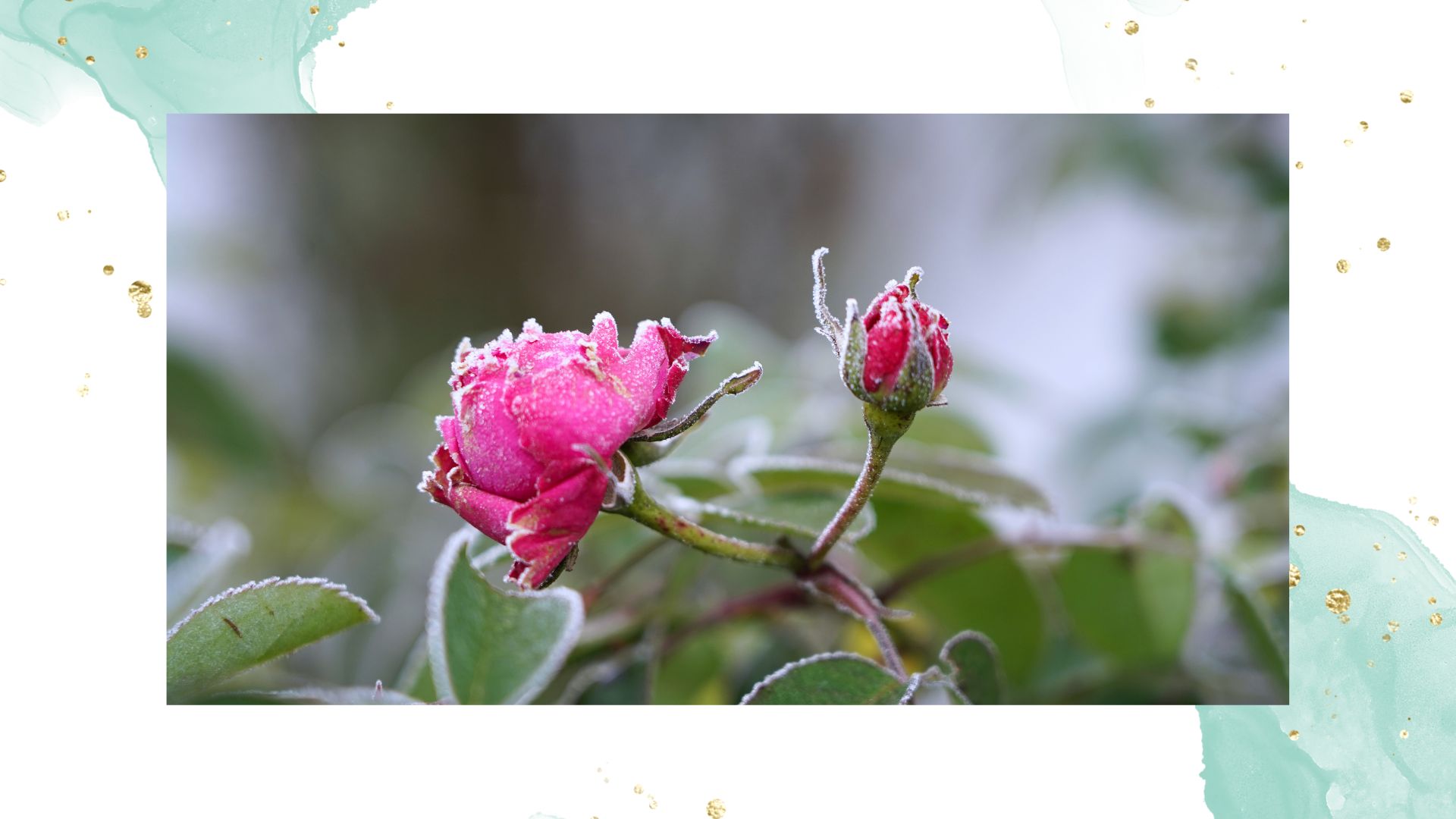
Sign up to our free daily email for the latest royal and entertainment news, interesting opinion, expert advice on styling and beauty trends, and no-nonsense guides to the health and wellness questions you want answered.
You are now subscribed
Your newsletter sign-up was successful
Want to add more newsletters?

Daily (Mon-Sun)
woman&home Daily
Get all the latest beauty, fashion, home, health and wellbeing advice and trends, plus all the latest celebrity news and more.

Monthly
woman&home Royal Report
Get all the latest news from the Palace, including in-depth analysis, the best in royal fashion, and upcoming events from our royal experts.

Monthly
woman&home Book Club
Foster your love of reading with our all-new online book club, filled with editor picks, author insights and much more.

Monthly
woman&home Cosmic Report
Astrologer Kirsty Gallagher explores key astrological transits and themes, meditations, practices and crystals to help navigate the weeks ahead.
After a long summer of tending to your rose bushes, it can feel a little daunting to know frost and heavy rain are on the way during the winter months. But don't panic just yet, follow these expert tips and give your plants a fighting chance, no matter how bad the weather gets.
Learning how to grow your own roses is extremely rewarding because they're a fantastic perennial that returns each year. There are, however, a few things you need to do to ensure they return in good health.
From pruning your roses to knowing when to mulch, we asked gardening experts for their essential autumn care tips. Here's what they recommend...
6 essential autumn care tips for roses
While you're busy avoiding making autumn gardening mistakes, it's all too easy to forget how to prepare your plants for the colder seasons ahead.
Although roses are fairly hardy, coming back every spring, they do need some attention to ensure they survive winter. These six tips will help you keep the plant happy and guarantee impressive blooms next year.
1. Deadheading
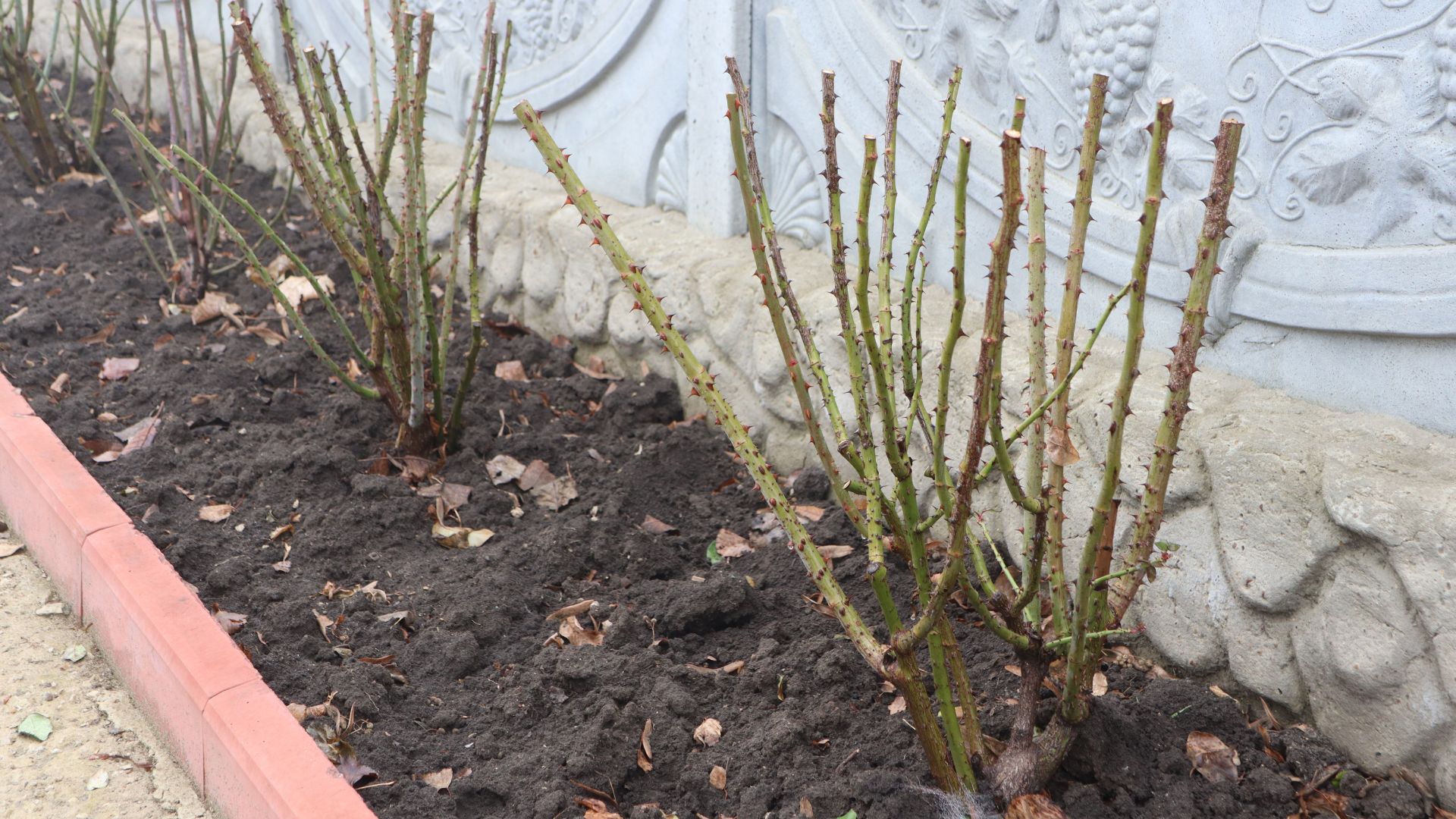
A gardener must know how to deadhead their plants properly, and even more important is knowing when best to do it.
"If your roses do not produce hips, remove faded flowers to encourage the plant to focus its energy on remaining growth. However, if your rose does produce hips, leave the flowers in place, as the hips will provide food for birds over the colder months," says Richard Barker, horticultural expert and Commercial Director at LBS Horticulture.
Sign up to our free daily email for the latest royal and entertainment news, interesting opinion, expert advice on styling and beauty trends, and no-nonsense guides to the health and wellness questions you want answered.
Deadheading can be one of the best ways to keep your roses flowering all summer long during the warmer months, too.

RRP: £9.95 | These gardening gloves have been awarded ‘Amazon’s Choice’, and it’s easy to see why – they’re breathable, comfortable, and stylish.
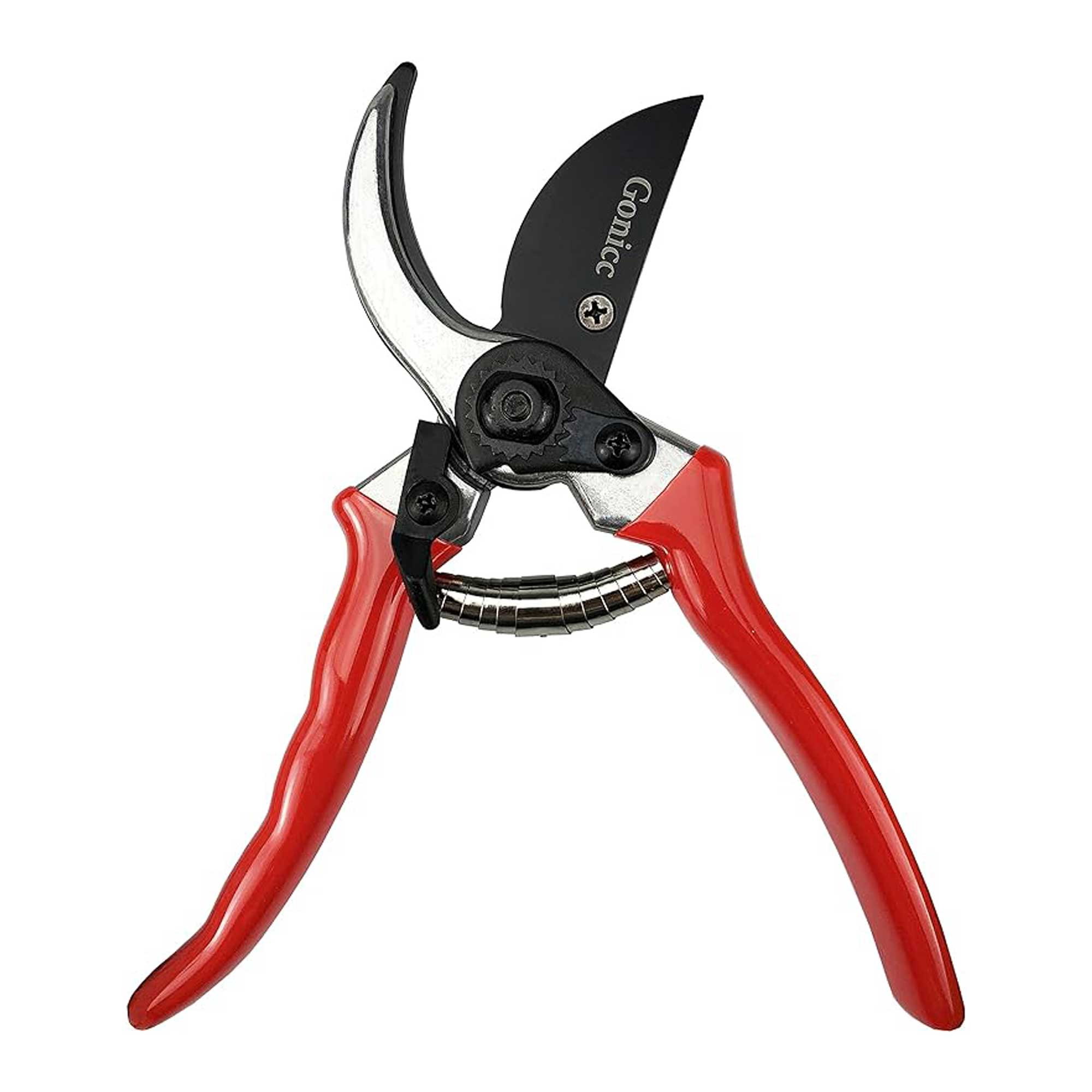
RRP: £9.45 | These popular secateurs have over 8,000 5-star ratings on Amazon. They feature a carbon steel blade and lightweight, non-slip handles, making pruning and deadheading easy.
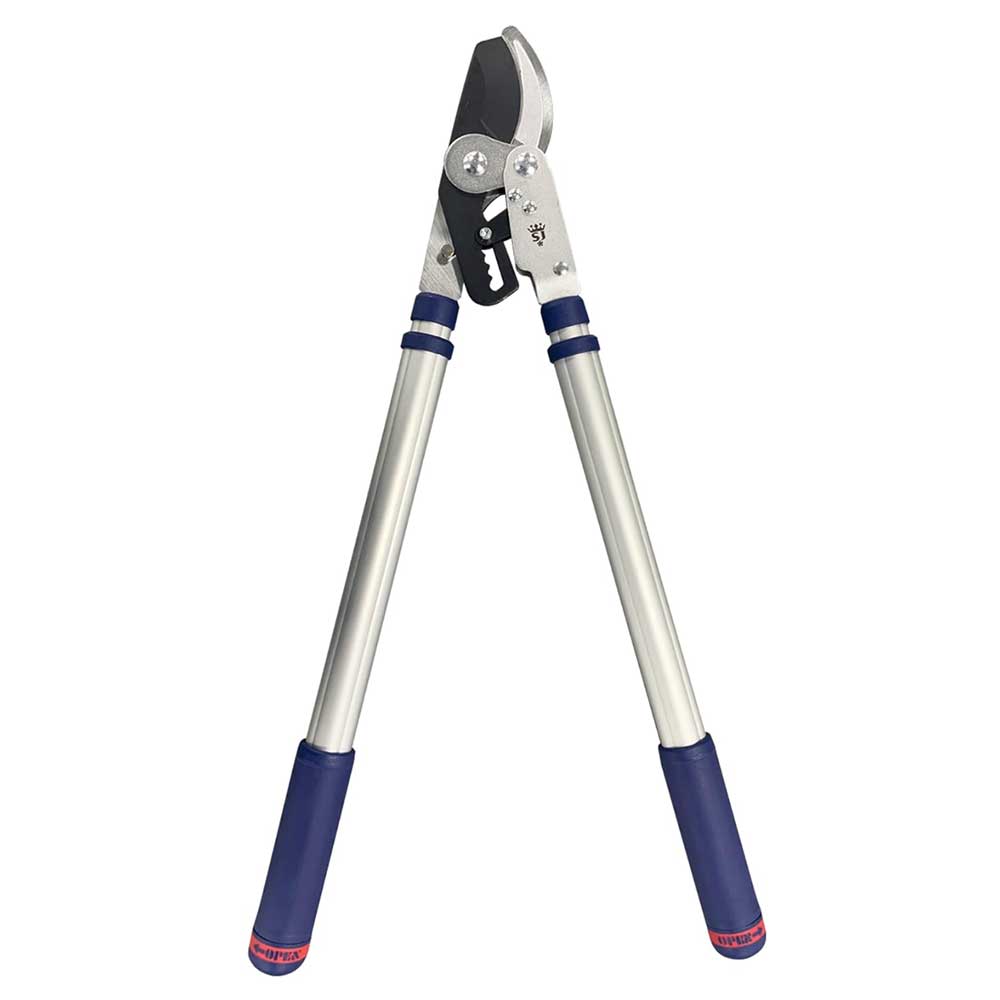
RRP: £27.95 | This Razorsharp 18-30" telescopic ratchet allows for powerful, progressive cutting with a twist and lock extendable mechanism to tackle hard-to-prune branches.
2. Fallen foliage
You'll have probably already noticed when sorting the garden out that your roses have shed a lot of leaves and foliage. This needs to be carefully removed and added to your homemade compost heap.
"Any fallen leaves underneath your roses should be removed immediately, as they can harbour pests and diseases. Leaves should be carefully swept or raked away, as this will help to keep plants and soil healthy," explains Richard.
Don't make an autumn gardening mistake and send your discarded leaves into the garden waste bin. Make them into nutritious leaf mould to be used to feed your plants in the future.
3. Mulching
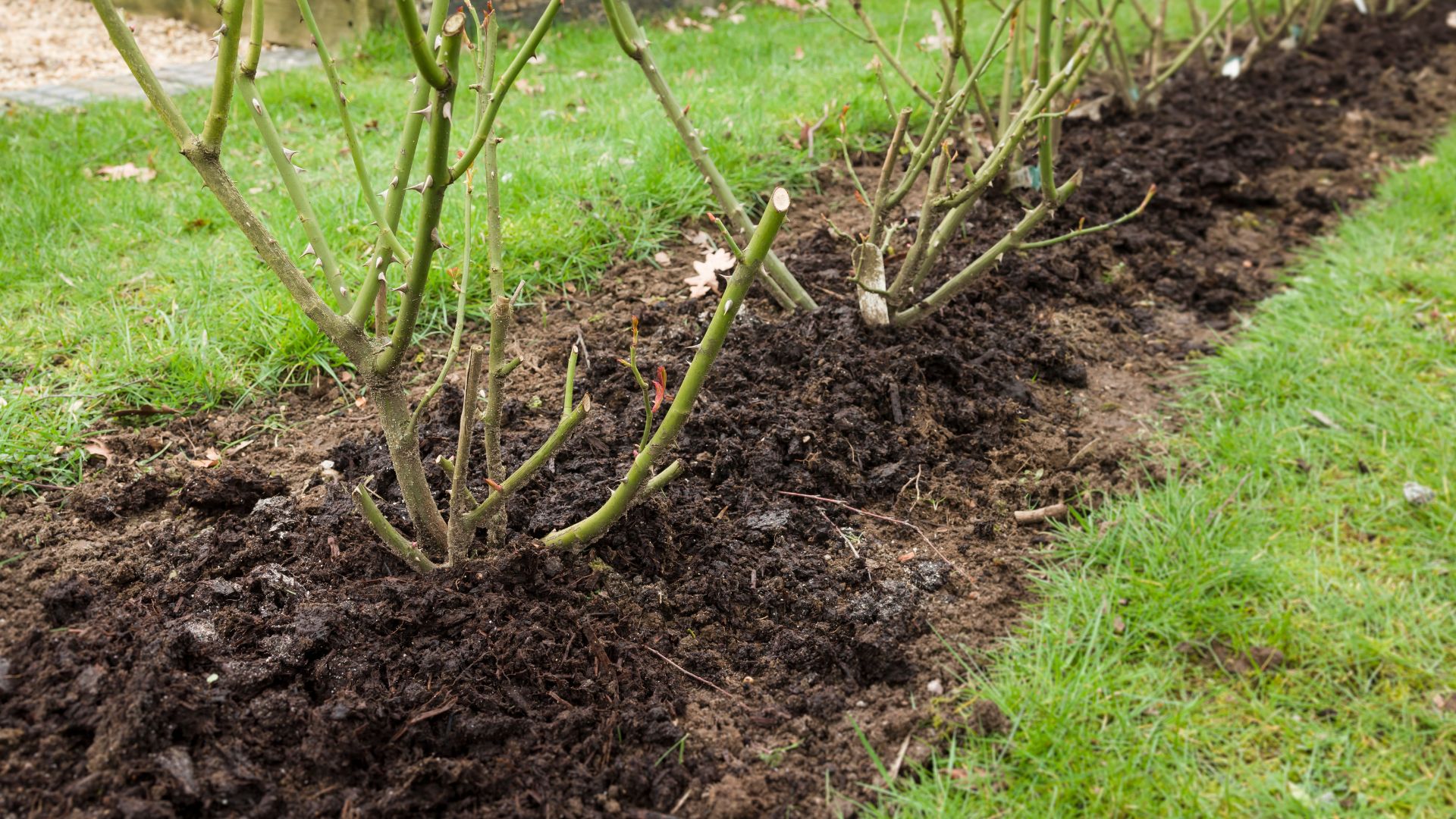
Mulching is an extremely underrated part of gardening and can be a fantastic way to protect plants from frost during winter.
"Place a layer of compost or well-rotted manure around the base of rose plants, as this will help to feed the roses and shield their roots from the cold weather. The addition of organic matter can also improve the soil and help it retain moisture," suggests Richard.
4. Watering
While you may have mastered how to water your garden plants properly during the summer, when the winter weather arrives, you'll need to tweak your watering routine.
"Roses will still benefit from watering in cooler weather, particularly if it has not rained much. Keep the soil around the roots moist instead of drenching the foliage, as keeping the plant well hydrated can help it to remain strong as it enters dormancy," starts Richard.
"In winter, roses should ideally not be watered unless the weather is very dry or there is a mild spell where the ground does not freeze. Excess water can cause root rot, and this is more of a risk in cold weather when water is slower to drain," he adds.
Learning how often you should water a rose bush will help you through every season and keep the plant looking and growing its best.
5. Feeding
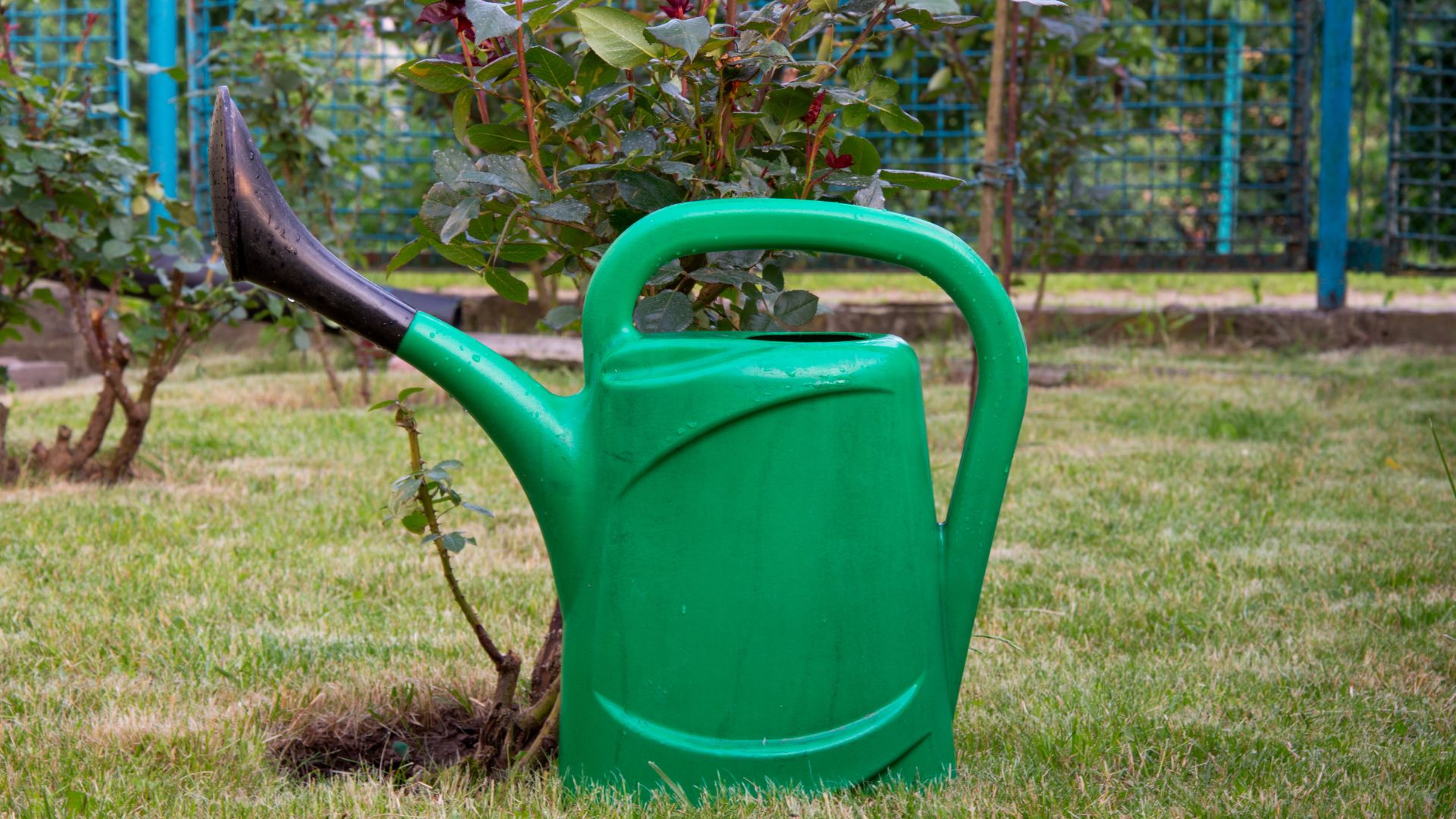
You may already be familiar with feeding your rose plants, especially if you've dealt with their leaves turning yellow. When it comes to the cold seasons, however, feeding isn't recommended.
"You should stop feeding your roses from autumn, as the growth of the plant will naturally begin to slow around this time. By slowing down with feeding, the roses will be able to conserve their energy," says Richard.
"Feeding roses too late in the season can encourage the plant to produce new, tender growth that will be vulnerable to frost damage," he continues.
6. Pests & Diseases
The final thing you'll need to be on the lookout for to keep your roses happy are common pests and diseases.
"Even though your roses will be dormant in winter, you should still make a habit of regularly checking them for pests and diseases. Fungal infections, such as black spot, can actually overwinter on leaves and stems, and any affected plant material should be removed before temperatures drop too low," points out Richard.
FAQs
How to treat roses in autumn?
If you're looking for an essential gardening jobs list for October and November, tending to your roses should be included.
“Roses get chills, too. It’s crucial in those bitterly cold months that they wrap up. Using a horticultural fleece can provide an extra cover for the above-ground part of the rose, and mulching around the base of the plant protects the roots from those freezing temperatures," starts James Ewens, gardening expert at Green Feathers.
“Mulching is paramount in autumn and winter. Adding 5-8cm of well-rotted compost or well-rotted manure around the base once the soil is moist and cool - autumn is perfect for this - will insulate the roots from those harsh frosty temperatures," he adds.
James also recommends adding composted bark to protect the soil structure, and it’s great for suppressing weeds.

James is the Commercial Director of Green Feathers, bird box camera and garden wildlife specialists, and is a garden enthusiast. James is passionate about all things nature, garden, and wildlife, and when he’s not tending to his own outdoor space, he’s usually checking on his bird and hedgehog cameras.
What to put around roses in winter?
When protecting your plants from heavy rain and frost, it's important to ensure they're covered from particularly cold temperatures. This can be done in several ways. "In winter, you should be putting mulch around the base of rose plants to provide them with some protection from the weather," suggests Richard.
"Ensure that the ground surrounding the base of the plant is free of debris, and apply the mulch in a layer that is between five and ten centimetres thick. The best materials to use to mulch roses are well-rotted manure, compost or leaf mould."
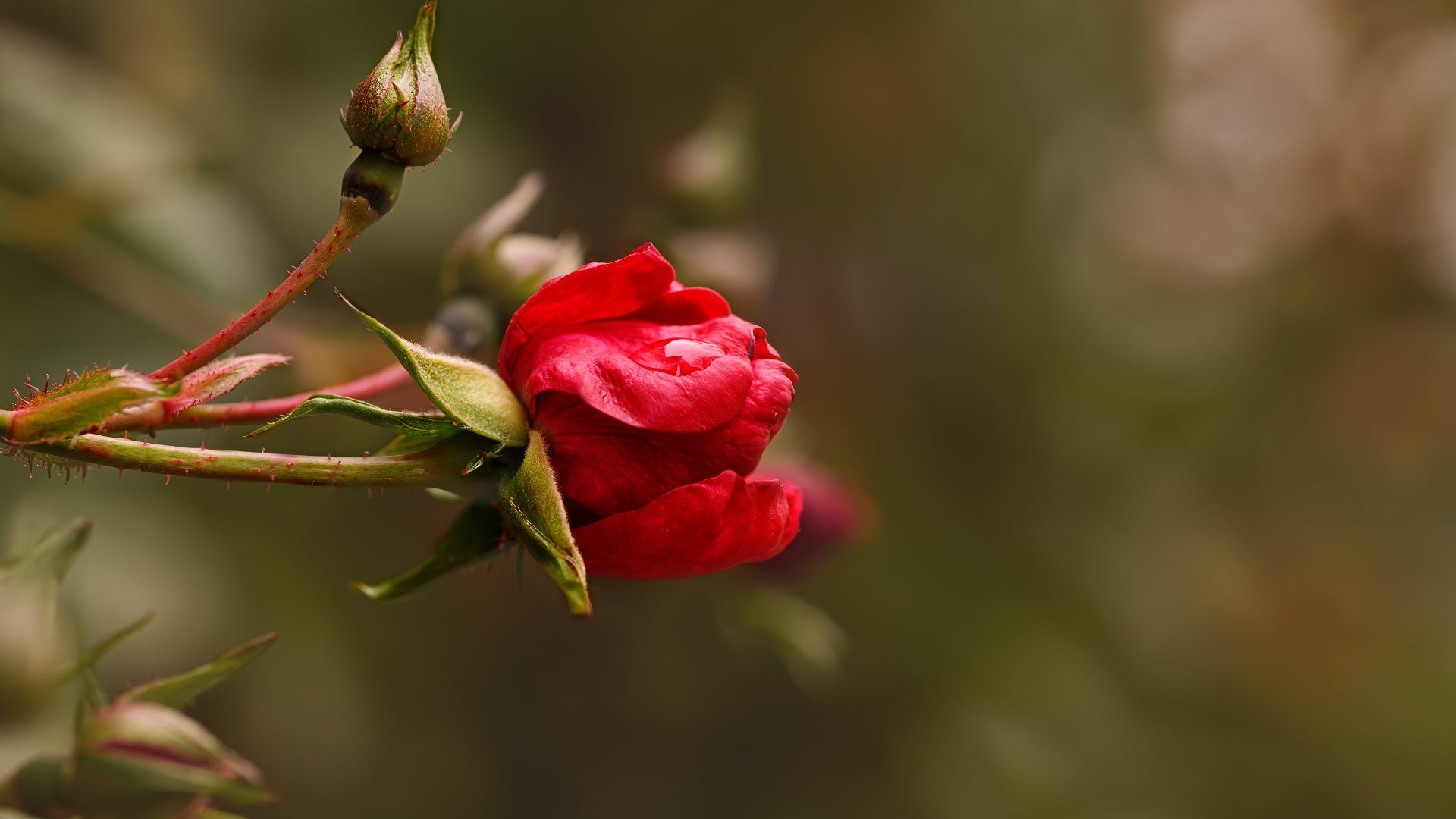
How to revive roses in winter?
If you're roses are looking a little worse for wear over the winter months, there are a few things you can do to bring them back to life.
“To revive roses in winter, you should perform your heavy prune in the late winter - removing any damaged, dead, diseased wood from the plant – and feed your roses with a balanced rose fertiliser to encourage new growth in the spring, warmer months,” instructs James.
Looking for more tips and tricks to help your roses thrive? Why not try this unconventional potato trick that helps grow your hardwood cuttings?

Emily joined woman&home as a staff writer after finishing her MA in Magazine Journalism from City University in 2023. After writing various health and news content, she now specialises in lifestyle, covering unique cleaning hacks, gardening how-tos, and everything to help your houseplants thrive.
You must confirm your public display name before commenting
Please logout and then login again, you will then be prompted to enter your display name.